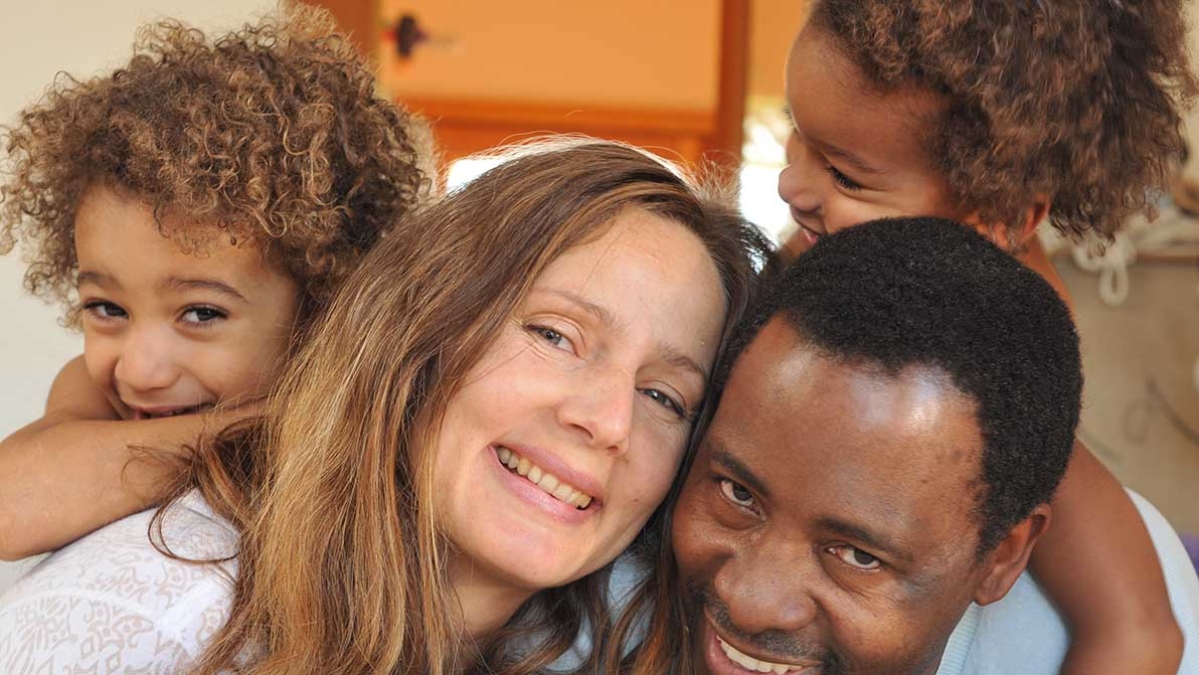Top 10 tips for a happier family

1. Balancing work and home life
It’s not easy balancing your work and home life, but how you manage it can make quite a difference to your relationship with your family. Having a balance between work and home – being able to work in a way which fits around family commitments and isn’t restricted to the 9 to 5 – boosts self-esteem as you’re not always worrying about neglecting your responsibilities in any area, making you feel more in control of your life. Your family will be happier to see more of you, and you’ll have a life away from home.
2. Look after yourself
Parents often spend all their time looking after everyone else in the family and forget about themselves. If you don’t look after yourself, you can end up feeling miserable and resentful, and you won’t be able to give your children the support they need. Admit to yourself that you actually have feelings and needs of your own. It’s not selfish to treat yourself once in a while! It doesn’t have to be expensive – but putting aside some time to do just what YOU want to do, even if it’s only 10 minutes a day – is so important.
3. Discipline
Rather than thinking of discipline as a punishment, you should use it as a way of teaching your children how to meet their needs without hurting or offending anyone. While you may be angry, it can help to keep calm and teach your child how he or she could have handled the situation differently, and how he or she can go about it differently next time. This way is both more positive and more constructive.
4.Setting Boundaries
We often use boundaries to protect children from harm or danger. But it is important that you try to explain why boundaries are there, rather than issuing orders – for instance, if you pull them away from an open fire explain why. Children may be reluctant to follow instructions if parents command them. However, an explanation as to why the instructions are important will help your child understand, and therefore cooperate.
5. Communication
Communication is important – during both the good and the tough times. Children often find it hard to put their feelings into words and just knowing that their parents are listening can be enough. Talk about yourself – not just about your problems but about your daily life. If they feel included in the things you do they are more likely to see the value of including you in the things they do.
6. Quality Time
Try to organize some time together as a family a few times a week – perhaps three meals a week you could sit down to eat as a family. This will give you all a chance to connect and talk about the important issues, as well as the more fun topics. Ask your children to help you with the chores or to run errands. They may protest but they will feel included in your life rather than being an outsider.
7. Joint Decisions
With older children, it is normal for them to test the limits of boundaries to see what they can get away with. You may need to as children grow into teens – it can even help to involve your child in the negotiation of new boundaries. Too many restrictions will be hard to keep on top of, so it is a good idea to work out which boundaries are really important to you, such as the ones for your children’s safety, and which boundaries are not worth fighting about. With fewer restrictions, your children will appreciate that the boundaries you do set are serious.
8. Comforting
It is important for a family to be there for each other through the hard times, as well as the good times. If there is a family tragedy, or a family member has a problem, pulling together can really help. Your children will need your help at this time, and it is important to be open and communicate with them. They will need reassurance and explanation, and will react differently depending on their ages. It can also help to talk to someone impartial.
9. Be flexible
More than anything, children just want to spend time with their parents. It can be lots of fun to make time for an impromptu game or an unscheduled trip to the park, as well as being something that you and your children will remember fondly. It’s good to have a routine, but it’s not the end of the world if it’s interrupted from time to time for spontaneous fun and games. For busy families, it can be useful to schedule in a few hours every now and then for a lazy afternoon together.
10. Spend quality time with your partner
It can be difficult to find time for you and your partner once you have children, but it is important to make time for each other. After all, children learn about relationships from their parents. Make sure you communicate with them frequently about all the day to day matters, as well as just things you enjoy talking about. Try to organize time that you can spend with each other, whether it’s going out for a meal, or just relaxing in front of the TV together.
